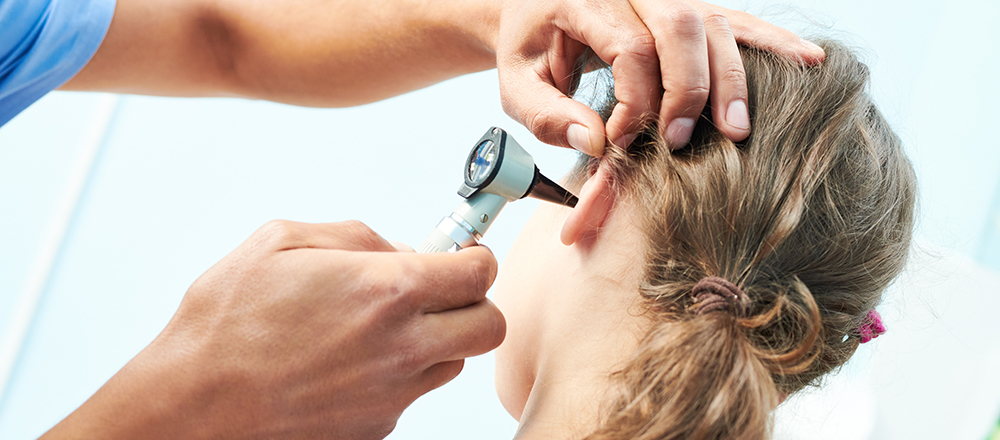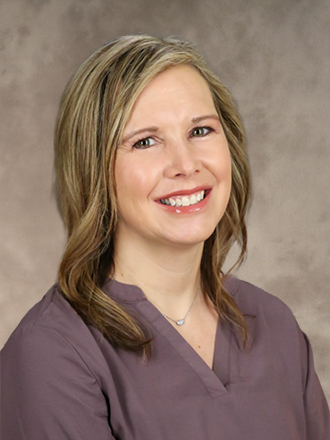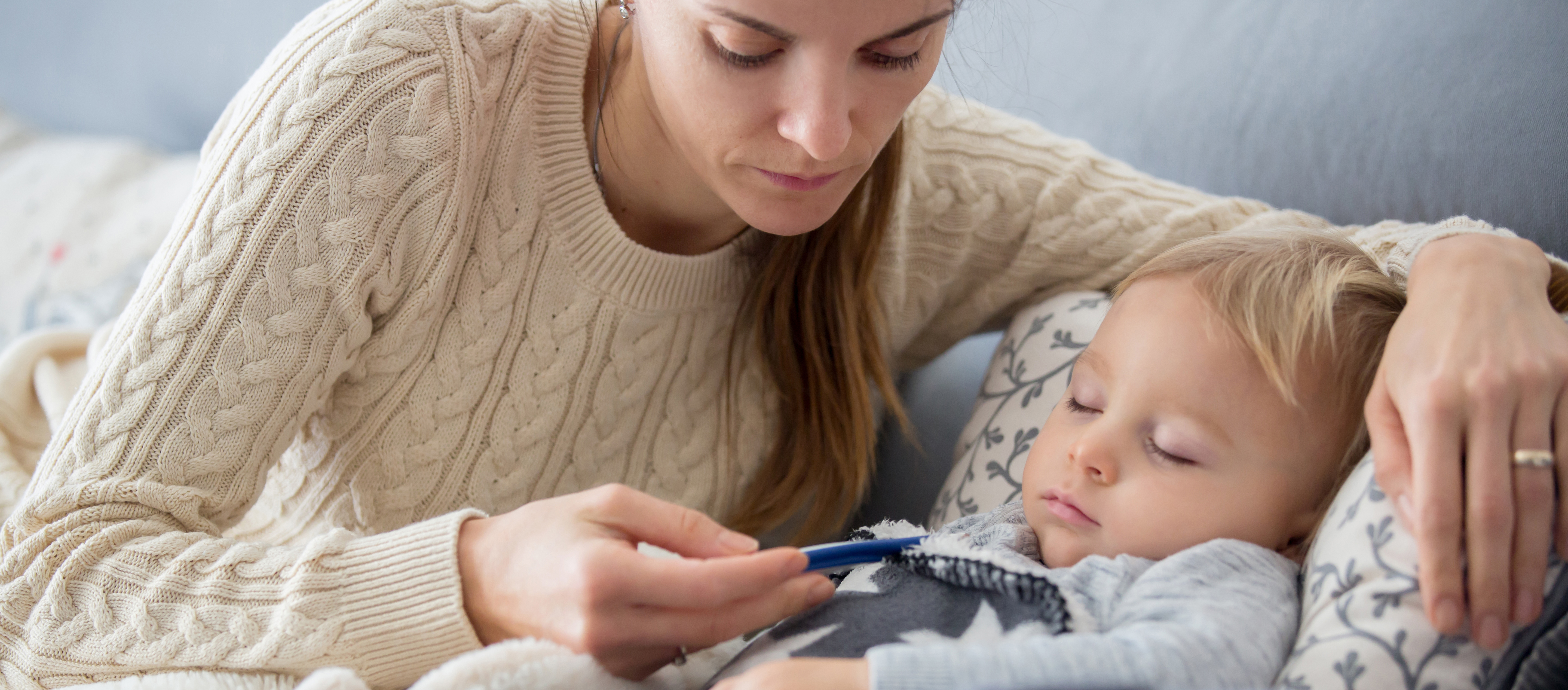Ears: To Clean or Not to Clean
February 26, 2024By: Dana Zimmerman
Categories: Pediatrics, Your Wellness

Chances are nearly every household has a package of cotton swabs. While they serve many purposes, such as arts and crafts and nail polish touch-ups, their advertised function is to clean ears.
Doctors agree you should never put anything inside your ear canal, much less a cotton swab that can cause permanent damage. Learn why they tout it’s a bad idea and the best way to clean your ears without them.
All About Earwax
Earwax is known as cerumen, made up of ear canal gland discharge, dead skin cells and extra hairs from inside the ear. While many think earwax buildup means your ears are dirty, it’s the opposite. Earwax keeps dirt, dust and other harmful substances and bacteria out of your ears. It also prevents your ears from becoming itchy and dry.
Ears are self-cleaning — when you chew and move your jaw, the motion helps push old earwax outside your ear. That’s why you sometimes see it around your earlobe and at the entrance to your inner ear.
Earwax Buildup
In rare situations, earwax may build up in your ear to the point where you experience symptoms such as:
- Feeling like your ear is plugged or full
- Itching, discharge or an odor
- Partial hearing loss
- Ringing or tinnitus
If you experience any or a combination of these symptoms, you may have compressed earwax and should see your doctor for a comprehensive ear exam.
Cleaning Your Ears
Even if the problem isn’t severe, there are times when you may feel like your ears (or those of a loved one) have too much earwax. Instead of using cotton swabs, clean the outside of your ear with a damp washcloth. If that doesn’t help, you can use an over-the-counter wax removal kit or a few drops of baby oil or hydrogen peroxide. Any of these methods can soften the earwax, allowing it to exit the ear easier in the shower.
If you use cotton swabs, you run the risk of getting an infection, rupturing your eardrum and experiencing significant hearing loss. So, keep your ears healthy and functioning well, and say no to swabs.
Talk to your primary care doctor to learn other ways to safely clean your ears.



